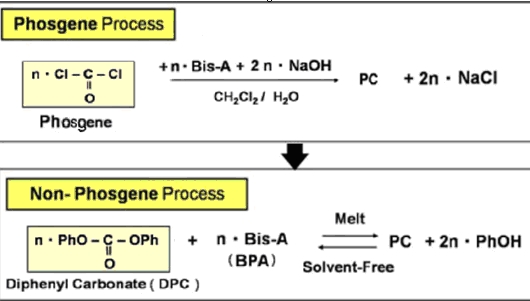Overview:
Polycarbonate fabrication is a versatile process involving the shaping, forming, and machining of polycarbonate sheets or pellets into various products and components. This robust thermoplastic material offers exceptional impact resistance, clarity, and versatility, making it a popular choice across industries for its diverse applications.
Polycarbonate Fabrication Processes:
Sheet Formation and Extrusion:
- Extrusion Process: Polycarbonate pellets are heated and extruded through a die to form sheets of various thicknesses and dimensions.
- Co-Extrusion Techniques: Incorporating multiple layers or coatings during extrusion for added functionalities or properties.
Machining and Forming:
- CNC Machining: Utilizing computer-controlled machinery to precisely cut, drill, or mill polycarbonate sheets into specific shapes and sizes.
- Thermoforming: Heating and shaping polycarbonate sheets using molds or vacuum forming to create complex 3D shapes.
Bonding and Joining:
- Adhesive Bonding: Using specialized adhesives to bond polycarbonate sheets together for assemblies or complex structures.
- Mechanical Fastening: Employing techniques like screws or bolts for joining polycarbonate components securely.
Types and Applications:
Types of Polycarbonate:
- Solid Sheets: Offer high impact strength and clarity, suitable for safety glazing, machine guards, and optical applications.
- Multiwall or Hollow Sheets: Provide insulation and structural strength, utilized in roofing, skylights, and greenhouse panels.
Diverse Applications:
- Automotive and Aviation: Used for interior components, headlamp lenses, and aircraft windows due to its impact resistance and lightweight nature.
- Safety Equipment: Employed in safety shields, protective goggles, and riot shields due to its shatter-resistant properties.
- Electronics and Displays: Utilized in electronic enclosures, display panels, and signage for its transparency and durability.
Precision and Quality Assurance:
Machining Tolerances:
- Precision Machining: CNC machining achieves precise tolerances, often within a few thousandths of an inch for intricate parts.
- Thermoforming Consistency: Ensures uniform heating and forming for consistent product dimensions and quality.
Quality Control Measures:
- Visual Inspection: Inspecting for surface defects, clarity, and dimensional accuracy before and after fabrication processes.
- Material Testing: Conducting tests for impact resistance, optical clarity, and structural integrity to verify material quality.
Polycarbonate Fabrication offers a wide array of manufacturing processes and applications, leveraging the material’s exceptional properties. Its ability to be formed, machined, and joined in various ways makes it indispensable across industries for its strength, clarity, and versatility.

